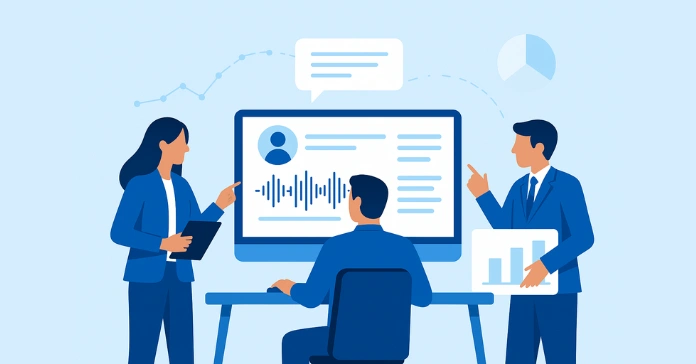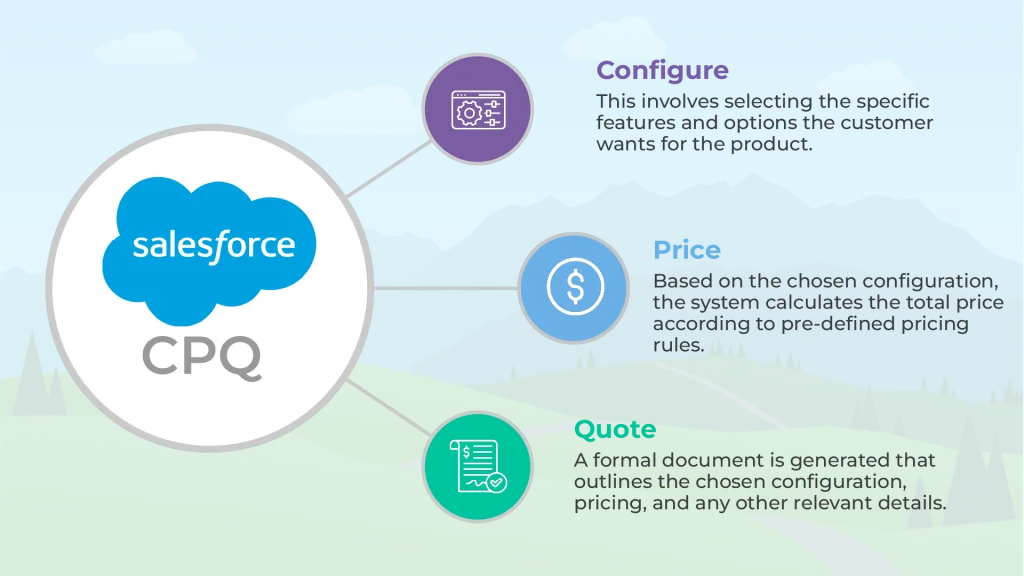Are your sales reps overwhelmed by manual tasks? Struggling to prioritize leads effectively? Looking to improve sales performance and revenue? Salesforce Sales Engagement Tool is the solution.
Designed to address these challenges and more, this powerful platform enhances the Sales Cloud by offering a centralized hub for sales activities, automating routine tasks, and providing valuable insights to drive success.
Let’s explore this Salesforce product for sales and how it drives efficiency.
Table of Contents
What is the Salesforce Sales Engagement Platform?
Salesforce Sales Engagement Tool is a software designed to streamline sales processes and boost productivity. It integrates seamlessly with Salesforce CRM, providing sales reps with a centralized platform to manage their activities, from email and calling to social interactions and task management.
By automating repetitive tasks and offering AI-driven insights, this tool empowers sales teams to focus on building relationships and closing deals. It helps optimize sales efforts by providing guidance, analytics, and recommendations to improve sales performance.
Features of Salesforce Sales Engagement Tool
1. Connected Communication
A sales rep is managing leads from various industries. They receive an email inquiry from a healthcare prospect and need to follow up with an education lead while preparing for a retail call. Using Connected Communication, all tasks and interactions are centralized in the CRM. The rep efficiently handles the email, follow-up, and call preparation in one place, ensuring seamless prospect tracking and task completion.
2. Sales Cadences
A sales rep is tasked with prospecting for a new software product. Instead of manually deciding which step to take next, they follow a predefined Sales Cadence. The cadence guides them to send an introductory email, follow up with a phone call two days later, and then engage via social media. Each step is automated and optimized, ensuring no lead is neglected and every prospect receives consistent attention.
3. Engagement Intelligence
A sales rep receives AI-driven suggestions to focus on a particular prospect who has been highly engaged with recent emails and has shown interest in pricing details. The AI also recommends discussing a specific feature that aligns with the prospect’s previous inquiries. With these insights, the rep prioritizes the prospect and tailors their approach, increasing the likelihood of conversion by focusing on the most promising opportunities.
4. Email Productivity
A sales rep is working on reaching out to multiple leads. They use email templates to quickly craft personalized messages and receive instant notifications when a top prospect opens their email. The system also suggests a follow-up task based on the engagement. With the integrated calendar tool, the prospect books a meeting directly with the rep, making the scheduling process smooth and efficient.
5. CRM Extension
A sales rep is working remotely and needs to update a prospect’s information after a productive call. Without needing to access multiple applications, they use the CRM Extension to update the record, send a follow-up email using a template, and check off their to-do list, all from their web browser. This flexibility ensures the rep stays productive and organized, regardless of location.
6. Buyer Assistant
A prospect visits a company’s website and starts exploring product options. Instead of filling out a static web form, they engage in an AI-powered chat that asks relevant questions and provides product information. The AI identifies the prospect as a high-value lead and automatically books a meeting with a sales rep, who receives all the context directly in their CRM, streamlining the process.
7. Customer Signals
During a sales call, a prospect raises concerns about pricing compared to a competitor. The call is automatically analyzed, capturing this concern as a key insight. Later, the sales manager reviews call snippets highlighting pricing objections and adjusts the sales strategy accordingly. This insight-driven approach helps address common objections, enabling the team to close more deals effectively.
8. Automated Transcripts
After a lengthy sales call, a sales rep no longer needs to remember every detail discussed. Automated Transcripts capture the entire conversation, generating a summary and action items like scheduling a demo and sending follow-up materials. In-app notifications remind the rep to complete these tasks, ensuring nothing is overlooked, and the deal progresses smoothly.
9. Playlists of Best Practice Calls
A new sales rep is onboarding and wants to learn from successful peers. The sales manager shares a playlist of top-performing calls where reps expertly handled objections and closed deals. The new rep listens, takes notes, and even receives personalized coaching tips within the call recording. This real-time feedback helps them quickly adapt and improve their own sales techniques.

End Note
The Salesforce Sales Engagement Tool is a game-changer for sales teams. Streamlining workflows, providing AI-driven intelligence, and fostering stronger customer relationships contribute significantly to sales success. With its ability to optimize sales processes and empower reps, this tool is essential for businesses seeking to outperform their competition.
Struggling to close deals? Let’s optimize your sales process with Salesforce. Opt for a Salesforce consultation today!
Explore All Sales Tools













